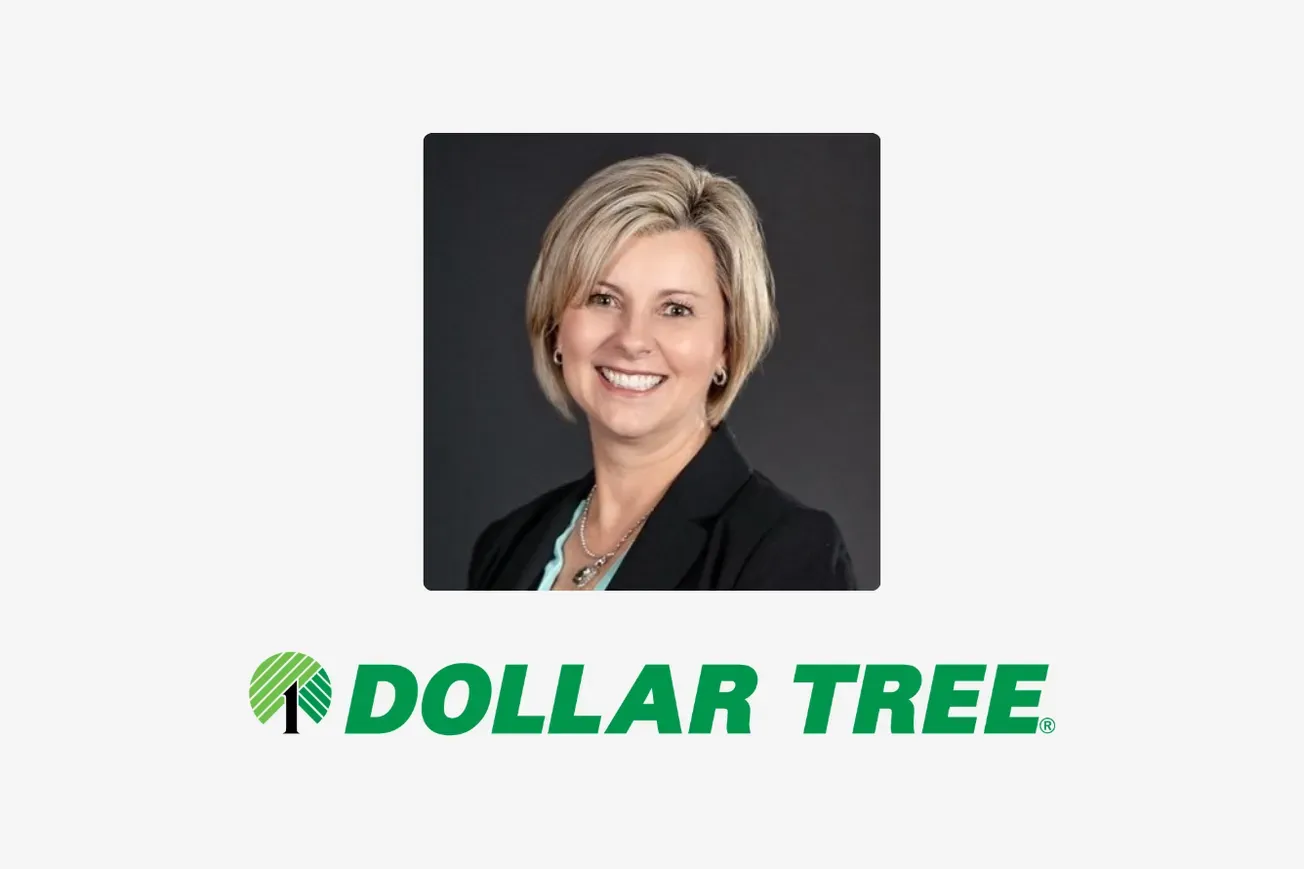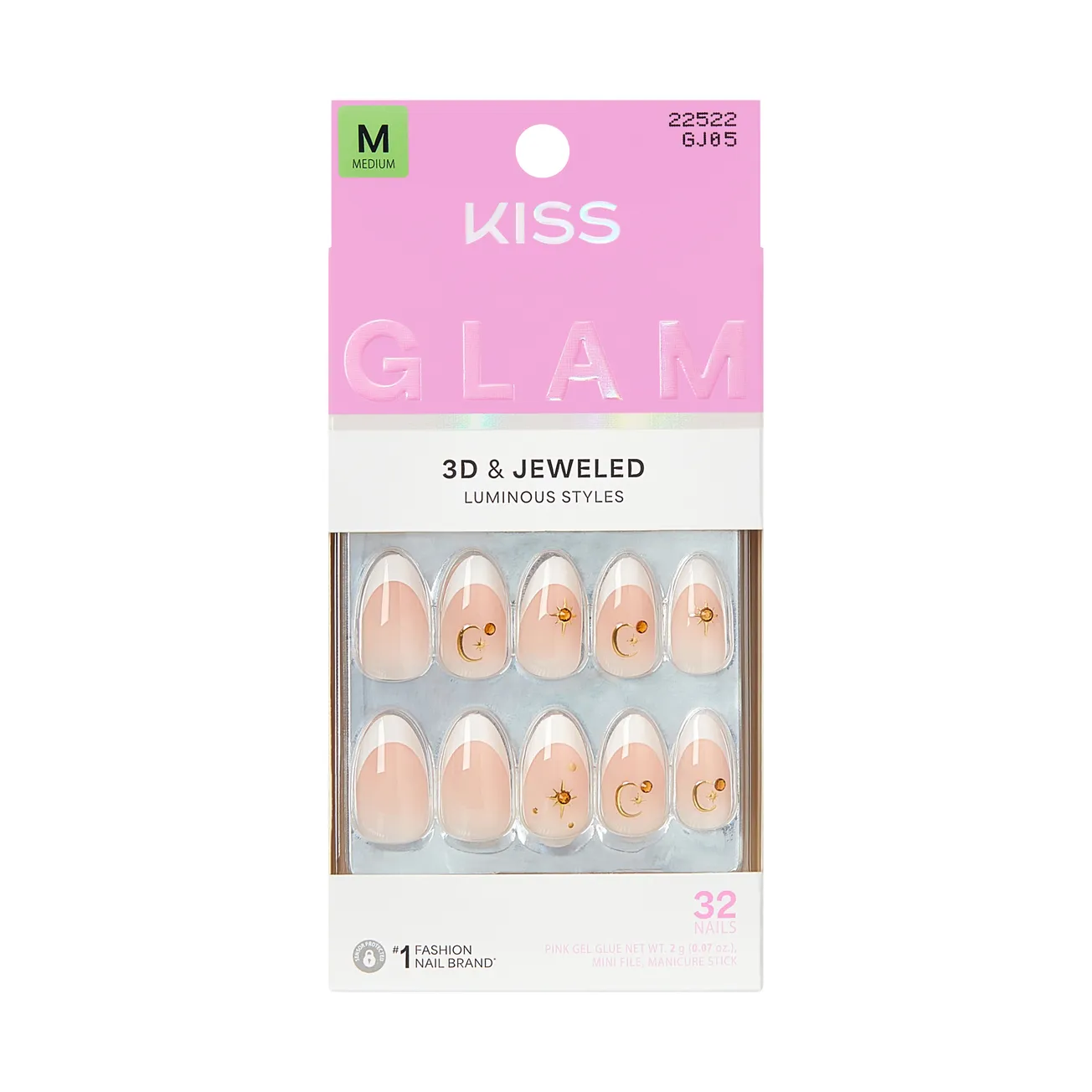CUPERTINO, Calif. — Walgreens and Duane Reade are among the initial retailers to support Apple Pay, a new mobile payment system from Apple that addresses key merchant concerns about security in the wake of data breaches at large retailers.
 |
Apple Pay doesn’t store payment card numbers but assigns a unique Device Account Number stored on a secure chip on the mobile device. |
Apple unveiled Apple Pay on Tuesday in announcing new products, including the iPhone 6, iPhone 6 Plus and Apple Watch.
Apple Pay supports credit and debit cards from the three major payment networks — American Express, MasterCard and Visa — issued by some of the largest banks, including Bank of America, Capital One Bank, Chase, Citi and Wells Fargo, representing 83% of credit card purchase volume in the United States, according to Apple.
In addition to Apple’s 258 U.S. retail stores, Walgreens and Duane Reade, retailers that support Apple Pay include Bloomingdale’s, Disney Store, Macy’s, McDonald’s, Sephora, Staples, Subway and Whole Foods Market. Apple Watch will also work at the more than 220,000 merchant locations across the country with contactless payment enabled.
Apple Pay features what the company called a "groundbreaking" NFC antenna design, a dedicated chip called the Secure Element, and the security and convenience of Touch ID. The company also noted that Apple Pay is easy to set up, enabling users to simply add their credit or debit card on file from their iTunes Store account.
"Security and privacy is at the core of Apple Pay. When you’re using Apple Pay in a store, restaurant or other merchant, cashiers will no longer see your name, credit card number or security code, helping to reduce the potential for fraud," Eddy Cue, senior vice president of Internet software and services at Apple, said in a statement. "Apple doesn’t collect your purchase history, so we don’t know what you bought, where you bought it or how much you paid for it. And if your iPhone is lost or stolen, you can use Find My iPhone to quickly suspend payments from that device."
When users add a credit or debit card with Apple Pay, the card numbers aren’t stored on the device or on Apple servers. Instead, a unique Device Account Number is assigned, encrypted and securely stored in the Secure Element chip on the iPhone or Apple Watch. Each transaction is authorized with a one-time unique number using a Device Account Number, and instead of using the security code from the back of a payment card, Apple Pay creates a dynamic security code to securely validate each transaction.
For online shopping, Apple Pay users can pay for physical goods and services including apparel, electronics, health and beauty products, tickets and more with Touch ID. Checkout can be done with a single touch, so there’s no need to manually fill out lengthy account forms or repeatedly type in shipping and billing information, and card details are kept private and not shared with the online merchant, Apple noted.
Starting next month, with iPhone 6 and iPhone 6 Plus, Apple Pay will be available in the United States as a free update to iOS 8. Apple Pay will work in stores with iPhone 6, iPhone 6 Plus and Apple Watch. Apple Pay APIs will be available to developers in iOS 8 so they can enable purchasing physical goods within their apps on iPhone 6 and iPhone 6 Plus.






